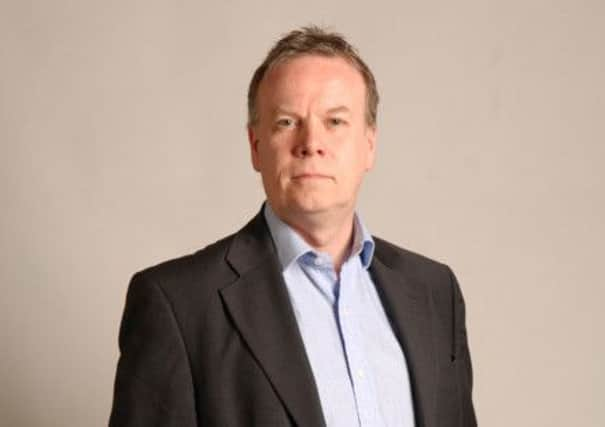Comment: Making work pay must mean tackling low pay


In that respect, and perhaps unsurprisingly, the Chancellor is complementing the strategy of Mark Carney, Osborne’s choice as Bank of England governor.
The Chancellor presented a credible dismantling of Labour leader Ed Miliband’s planned energy price fixing – unveiled at Labour’s own conference last week – in a speech broadly advocating the free market and a need to encourage innovation.
Advertisement
Hide AdAdvertisement
Hide AdWhile he could not resist a little drum-beating rhetoric, Osborne did set out a vision for the next parliament and beyond that played up the merits of working hard, and even working at all. His new Help to Work scheme – which might well come to be known as the Work for Dole initiative – formed the centrepiece of a new attempt at driving the unemployed into paid labour.
While he is right to erode the “Money for Nothing” culture, he must tread carefully. Most of the unemployed want to work, but cannot find jobs. Too many of those who do are working at ludicrously low rates, or for too few hours that would enable them to live at or near a decent level.
Plaudits are due to SSE, owner of Scottish Hydro, which last week announced a new “living wage” structure that helps tackle this problem.
The Chancellor wants to “Make Work Pay” but too many employers, particularly in retail, tourism and hospitality, are paying pitiful wages. It is difficult to see how this can stimulate demand required for growth.
McEwan ready to ride into banking battle
BIG day at Gogarburn today as Ross McEwan takes over from Stephen Hester as chief executive of Royal Bank of Scotland. Except nobody at Gogarburn will notice, as the new man is expected to spend his first day in London.
The job is probably the biggest challenge in banking, though to lighten the air of desperation and anxiety the new boy and his predecessor attended a dinner last week where McEwan was handed a riding hat, a comic reference to Hester being photographed in full hunting gear.
Some, however, say a building site-type hard hat will be required, at least metaphorically, as McEwan goes head-to-head with politicians, shareholder action groups and customers still not satisfied with the bank’s performance.
McEwan will have the task of building on Hester’s five-year restructuring, during which he has shrunk the balance sheet and put the bank back in profit. The new man’s in-tray will include fending off legal claims over that infamous 2008 rights issue, resolving the good bank, bad bank split and getting RBS ready to return to the private sector.
Advertisement
Hide AdAdvertisement
Hide AdA decision on splitting the bank is imminent and UBS, its own broker, says a slimmed-down bank shorn of its toxic assets would be easier to privatise. It is also a cute way of boosting the share price. The good bank would be worth 540p a share, well above the break-even price of 500p.
But UBS believes the benefits would be outweighed by the process involved, as has been argued in this column. The cost and time would hit the taxpayer further and delay privatisation. Politically, that would be damaging for the coalition, which wants the bank off its books. And as Hester has already disposed of most of the unwanted assets, a split looks too much like a solution to an old problem.
Twitter: @TerryMurden1